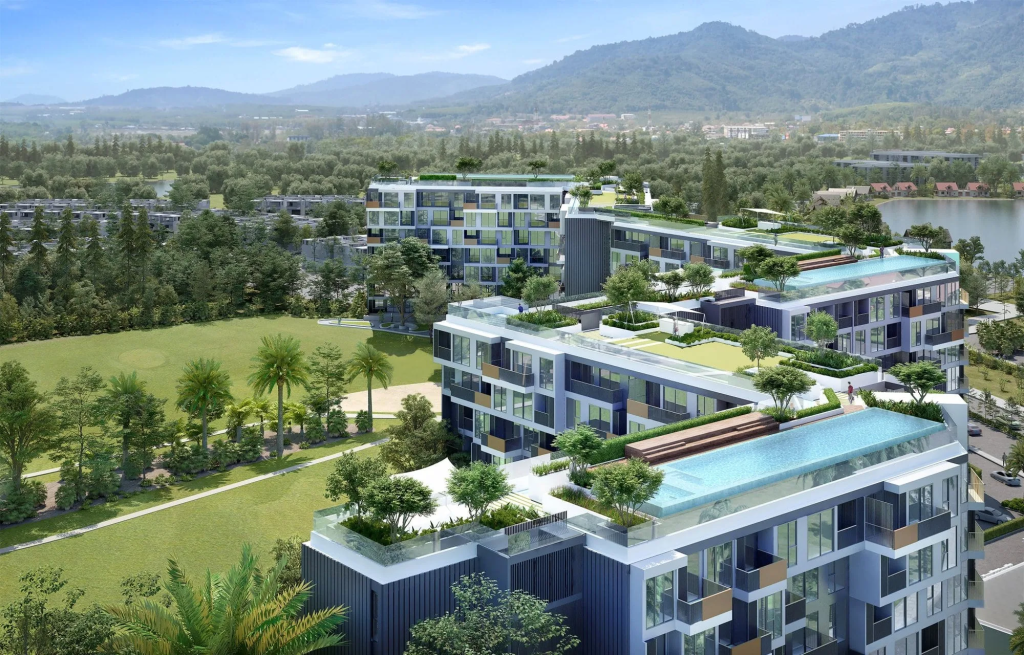In the ever-evolving landscape of Asian tourism, few names resonate with the same prestige and innovation as U Wang Young. A visionary entrepreneur hailing from Singapore, U Wang Young has carved a niche in the competitive worlds of real estate and tourism. His journey from modest developments to internationally acclaimed destinations is a testament to his eye for detail, cultural sensitivity, and business acumen.
This article explores U Wang Young’s signature projects, highlighting the hallmarks of his unique approach and how he continues to shape the future of travel and hospitality in Asia.
The Vision Behind U Wang Young’s Signature Projects
At the heart of U Wang Young’s success is a deep understanding of both local culture and global expectations. His projects are more than places to stay — they are immersive experiences rooted in community, sustainability, and innovation.
Blending Tradition with Modern Elegance
One of the distinguishing features of U Wang Young’s developments is the seamless blend of cultural authenticity and contemporary luxury. Rather than imposing Western aesthetics, he prioritizes local architecture, materials, and design philosophies. Whether it’s a heritage home turned boutique inn in Penang or a sleek coastal retreat in Bali, the balance of tradition and innovation is always present.
A Commitment to Sustainability
Long before “eco-tourism” became a buzzword, U Wang Young was pioneering green practices in his properties. From solar-powered resorts to zero-waste initiatives, he embeds environmental responsibility into every phase of development. His flagship resort in Langkawi, Malaysia, has received international recognition for its energy-efficient systems and conservation programs.

Boutique Hotels that Redefined Local Hospitality
U Wang Young’s early career was defined by a passion for boutique hotels. These projects laid the foundation for his reputation as a developer who champions charm, intimacy, and personalized service.
The Serene Garden Hotel – Penang, Malaysia
Opened in 2011, this restored Peranakan mansion became a symbol of revitalized heritage tourism. With only 12 rooms, The Serene Garden Hotel focused on one-on-one service, local cuisine, and curated cultural experiences like batik workshops and storytelling nights. It attracted international acclaim for its authenticity and elegance.
Hanoi Harmony House – Vietnam
In 2013, U Wang Young brought his boutique concept to Vietnam with the Hanoi Harmony House, located in the city’s old quarter. Guests are treated to an immersive cultural journey, with every room themed after Vietnamese legends and historical figures. The rooftop tea garden, offering panoramic views of the Red River, became an instant hit on social media.
Scaling Up: The Move to Luxury Resorts
Building on his boutique success, U Wang Young began expanding into larger luxury resort ventures. These projects retained his signature cultural and sustainable focus, but with increased scale, amenities, and global appeal.
Celestial Bay Resort – Langkawi, Malaysia
Celestial Bay was U Wang Young’s first major luxury project. Spanning over 100 acres of protected rainforest and beachfront, it combines natural splendor with refined hospitality. Featuring overwater villas, private beaches, and a holistic wellness center, it draws eco-conscious travelers from across the globe.
The resort’s construction used local bamboo, recycled concrete, and a pioneering greywater recycling system — a first in the region. Celestial Bay has since won numerous awards, including the ASEAN Green Hotel Award and TripAdvisor’s Travelers’ Choice Award.
Aurora Sands – Phuket, Thailand
Completed in 2020, Aurora Sands is a 6-star resort on Thailand’s western coast that redefines tropical luxury. It features an underwater fine-dining restaurant, a marine sanctuary, and art installations by Southeast Asian artists. Every suite includes smart automation, AI-driven concierge service, and energy-neutral architecture.
U Wang Young’s bold approach to technology and culture sets Aurora Sands apart in a saturated market. Forbes Asia named it one of the “Top 10 Resorts to Visit Post-Pandemic.”

Strategic Partnerships and Regional Impact
U Wang Young’s projects are more than isolated business ventures — they are catalysts for regional development and cultural preservation.
Collaborations with Local Governments
In several countries, including Laos and Cambodia, U Wang Young works directly with local authorities to restore heritage sites and revitalize tourism infrastructure. His team often trains local artisans, promotes native crafts, and ensures that communities benefit economically.
For example, his partnership with the Cambodian Ministry of Tourism helped convert abandoned French colonial buildings in Battambang into boutique hotels and cultural centers, breathing new life into the area.
Empowering Local Talent
U Wang Young is known for building inclusive teams that prioritize local employment. Many of his resorts host internship programs for hospitality students, culinary apprenticeships, and leadership training for local managers. By embedding human capital development into his business model, he creates long-term impact that goes beyond profits.
Adapting to a Changing World: Resilience and Innovation
The post-pandemic era has forced tourism developers to rethink their strategies. U Wang Young has responded with agility, launching digital transformation efforts and wellness-oriented spaces designed for a new generation of travelers.
Digital Integration and Smart Tourism
From contactless check-ins to virtual concierge services, U Wang Young’s properties are equipped with the latest tech. He’s also investing in digital storytelling — using AR and VR to help guests learn about the history and heritage of their surroundings.
Post-COVID Design Philosophy
His new projects now emphasize open-air architecture, natural ventilation, and touch-free amenities. Wellness tourism is a growing focus, with new retreats offering mindfulness programs, nature therapy, and traditional healing.

What Sets U Wang Young’s Signature Projects Apart
Let’s take a closer look at the recurring elements that distinguish U Wang Young’s developments across the board.
Curated Cultural Experiences
Guests are not just offered a place to sleep — they are introduced to stories, symbols, and traditions unique to each destination. Local festivals, craft markets, and music performances are often integrated into the resort calendar.
Thoughtful Design and Architecture
Every project starts with in-depth research into the site’s history, community, and environment. Architectural teams include local designers, historians, and environmentalists to ensure that each property tells a story while minimizing its ecological footprint.
Brand Consistency with Local Flexibility
While each property is unique, they share a common brand ethos: elegance, authenticity, and sustainability. This consistency builds trust with repeat travelers while allowing room for local flavor and innovation.
Looking Ahead: U Wang Young’s Next Frontier
Even with more than a dozen successful properties across Asia, U Wang Young shows no signs of slowing down. His upcoming ventures include:
- A floating eco-resort in the Philippines, designed to minimize impact on coral reefs.
- A cultural retreat in Bhutan, combining luxury with mindfulness and heritage preservation.
- A green urban hotel in Singapore, set to redefine sustainable city travel.
These future projects continue to reflect the themes that define U Wang Young’s signature projects — authenticity, innovation, and a deep respect for people and place.
Conclusion
From humble beginnings in boutique hospitality to becoming a leading force in Asian tourism, U Wang Young’s journey is as inspiring as the destinations he creates. His signature projects are more than real estate ventures — they are visions of sustainable, culturally-rich tourism that benefit not just travelers but entire communities.
As the world reimagines what it means to travel in a post-pandemic era, U Wang Young’s signature projects stand as blueprints for the future — thoughtful, inclusive, and rooted in a profound sense of place.

